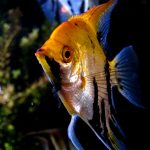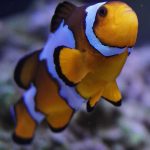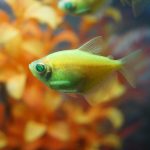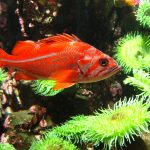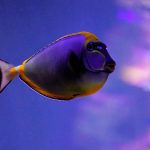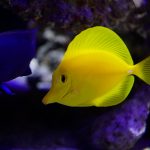Aquatic life support filtration is available in countless different types, sizes and configurations of equipment. Like most other products, the quality of filtration life support filtration components ranges from the cheap and flimsy to robustly made professional grade gear, with most falling somewhere in-between. This is true of filtration components whether they are designed for systems 5 gallons in volume or 500,000. The end result of filtration is the removal of solids and dissolved organic compounds that quickly accumulate in your system and can affect the health of your animals, the health of your life support system and the performance of each life support component on the system.
Generally speaking, there are three main types of life support system (LSS) filtration:
- Mechanical filtration – When aquarists talk about mechanical filtration, they are referring to one of the most literal definitions of the word, i.e., the physical trapping and regular removal of coarse particulates and debris. In most cases, some type of synthetic or cloth filtration media is used to trap uneaten food, waste and other debris as it leaves the display tank. For more information, please see our mechanical filtration page.
- Chemical filtration – Chemical filtration comes in many different forms but the end result of all of them is the removal of dissolved organic compounds and/or pathogens that can affect the health of your system and animals. The most common form of chemical filtration found on many systems is activated carbon, which adsorbs chemicals, toxins and other compounds from aquarium water. For more information, please visit our chemical filtration page.
- Biological filtration – Biological filtration typically cannot be seen with the naked eye but it occurs on every wet surface of a well-maintained life support system. Simply put, some types of bacteria are able to take the ammonia waste produced by aquatic animals (which is toxic) and oxidize it into nitrite (which is less toxic but still harmful.) Other types of bacteria are then able to oxidize nitrites into nitrates, which are not harmful to animal health in low concentrations but can be as they accumulate over time. For more information, please visit our biological filtration page.
Without at least two and preferably all three types of properly-maintained filtration on an aquatic life support system, the water quality quickly begins to degrade and adversely affects the health of the animals.
Professional Aquarium Maintenance Services for Our Portland Area Clients
Of all the different services we provide for our clients, client education may be the most important of all. Not all clients want to learn about the science of our profession. Some simply want a healthy and stunning display so that they, their family and/or their clients can enjoy it. However, if you want to learn more about a type of filtration or why the type we recommend for your system is better than another, we are always happy to explain, as it is central to our business philosophy. If you would like professional fish tank maintenance in the PDX area and want to learn more about filtration or any other aspect of aquatic animal husbandry, just let us know! We’re a phone call away at (503) 784-4403.
